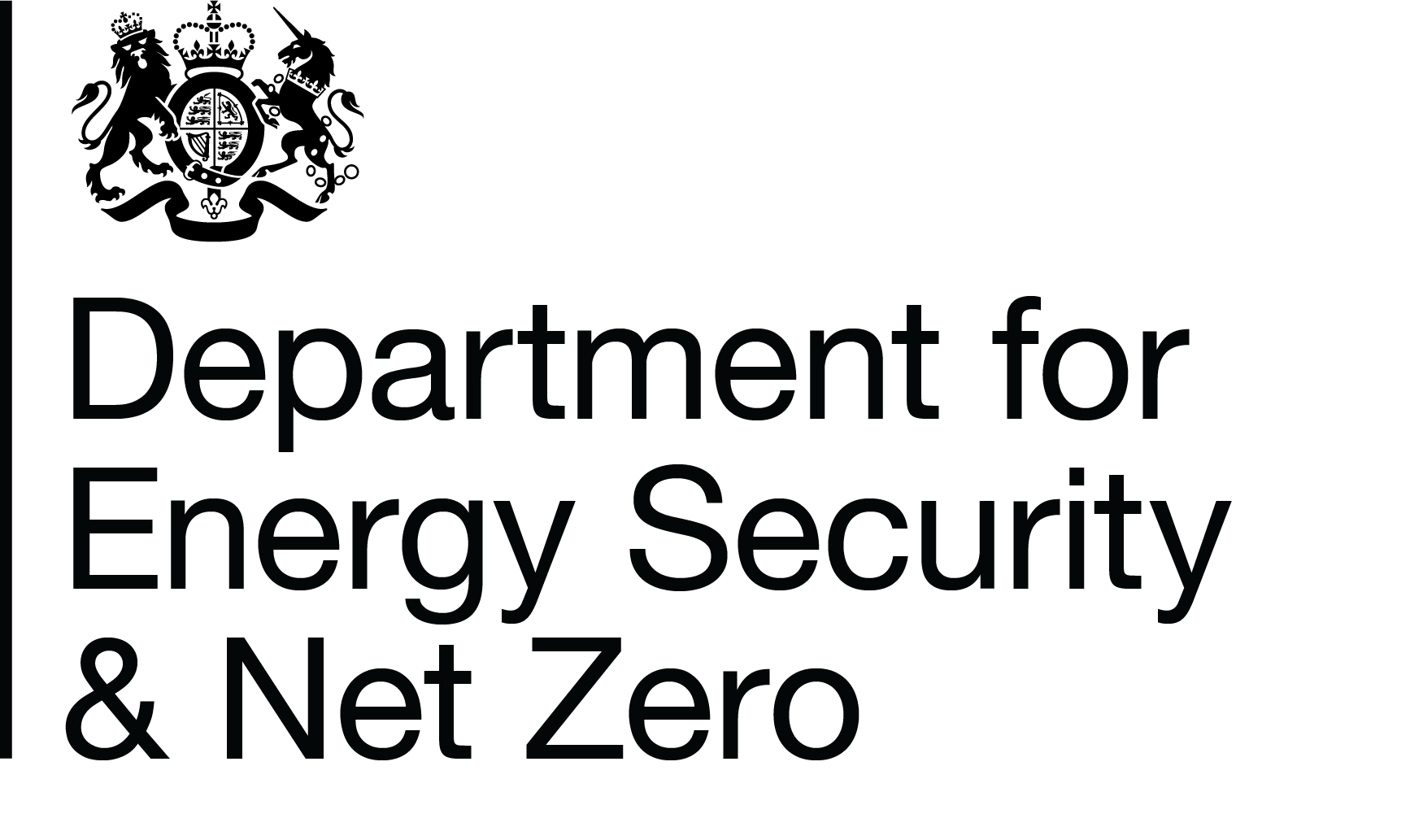A smart, flexible energy system: a call for evidence
Overview
As part of our commitment to building a 21st century energy infrastructure, the Department for Business, Energy and Industrial Strategy and Ofgem are working together to ensure our energy system can respond to the latest challenges, and take advantage of the opportunities offered by new innovative technologies and services.
A smart, flexible energy system offers significant benefits for consumers and the economy, helping us use energy more flexibly and increasing the efficiency of the whole energy system. Over the period to 2050, studies have shown that a flexible energy system could deliver up to £40bn in cumulative net savings by helping us to build less power generation, turn off generation less when it exceeds demand, avoid the high cost of significantly reinforcing our energy networks, and reduce the cost of balancing our energy system in real time. This can help to ensure the UK has a secure, affordable and clean energy system now and in the future, while enabling growth in all parts of the country.
Consumers are at the heart of the development of this system, which can give them choice and control over how they use electricity, including any that they generate themselves. Smart energy technology and processes have the potential to deliver lower bills and new services for consumers.
BEIS and Ofgem have been working together to understand how to manage the transition to a smart, flexible energy system, and what steps we need to take to achieve this. Ofgem published a position paper “Making the electricity system more flexible and delivering the benefits for consumers” in September 2015, which set out Ofgem’s priority areas to make sure that regulation supports an efficient, flexible energy system. In December 2015, BEIS published “Towards a Smart Energy System”, a report setting out how smart, more flexible energy solutions could help us meet the challenges our energy system faces as we seek to power our economy and decarbonise cost-effectively.
Why your views matter
This call for evidence sets out our intended approach to realising such a system. We invite your views on how to develop our energy system so that it is smart and flexible, and captures benefits for consumers and businesses. Our approach is firmly rooted in enabling competition and markets to deliver on price, quality and choice, and we want flexible solutions to compete with each other and with more traditional solutions.
The responses to this document, as well as wider engagement, will help shape a plan that we expect to publish in spring 2017. This plan will set out the specific actions we plan to take to remove barriers, improve price signals, catalyse innovation, and shape roles and responsibilities in the shift to a smart, more flexible energy system which meets the needs of consumers and businesses now and in the future.
Audiences
- SMEs (small and medium businesses)
- Large businesses (over 250 staff)
- Multinational businesses
- Trade bodies
- Medium business (50 to 250 staff)
- Micro business (up to 9 staff)
- Small business (10 to 49 staff)
- Wind
- Low carbon technologies
- Technology (R&D)
- Consumer organisations
- Consumers
- Scientists
- Universities
- Research Councils
- Research Funders
- Science Policy organisations and thinktanks
- National Academies
- Researchers
- Innovation community
- Thinktanks
- Charities
- Local government
- Charity or social enterprise
- Regulator
- Non-departmental public bodies
- The Devolved Administrations
- Charities and Third Sector organisations
- Non-Government Organisations
Interests
- Consumer rights
- Innovation
- Research
- Saving energy
- Security and resilience
- Distributed energy and heat
- Renewable energy
- Energy and climate change
- Electricity

Share
Share on Twitter Share on Facebook